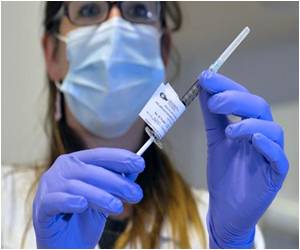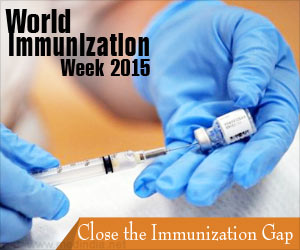Although there are vaccines against two species of Mycoplasma that affect pigs and poultry, no vaccines exist for many Mycoplasma species that affect humans.

They lack a cell wall, making them resistant to almost all antibiotics, and infections caused by Mycoplasma in livestock, result in huge losses in Europe and throughout the world.
Although there are vaccines against two species of Mycoplasma that affect pigs and poultry, no vaccines exist for many Mycoplasma species that affect not only livestock but also pets and humans.
The eight-million Euro MycoSynVac project will see researchers engineer a universal vaccine chassis that will be free of virulence and optimized for fast growth in a serum-free medium.
This chassis will be used to create specific vaccines against two highly detrimental pathogens that are causing suffering in livestock animals and large financial losses to the animal industry.
The chassis will also set the basis for other potential applications, such as for cell therapy and infectious lung disease treatment.
Advertisement
By expressing specific harmless antigens from one or more pathogens, we will be able to create targeted vector vaccines, he said.
Advertisement
Source-IANS













